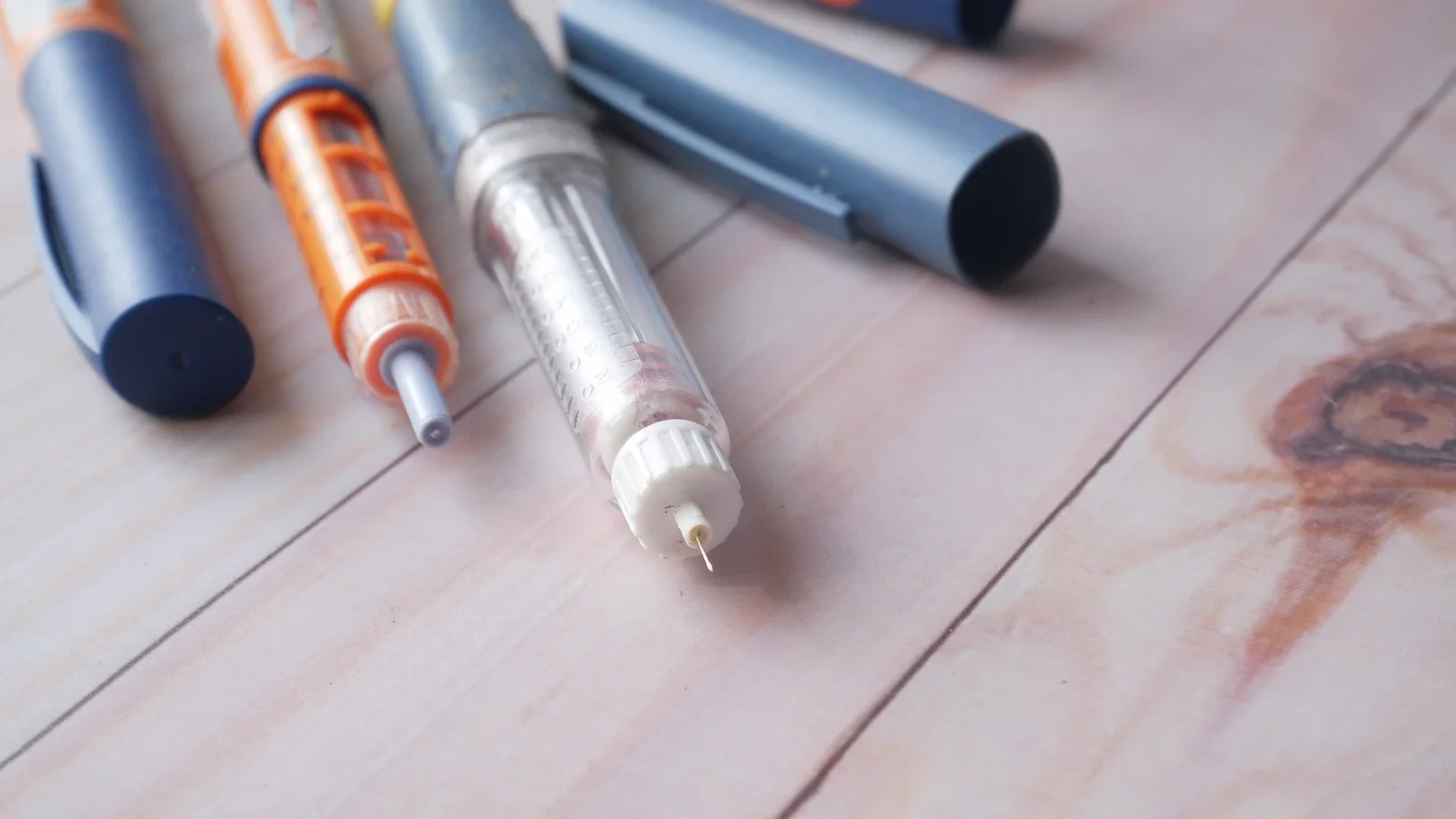November is Diabetes Awareness Month, and the 14th November is World Diabetes Day, which takes place on the birthday of Frederick Banting, who co-discovered insulin along with Charles Best in 1922.
Diabetes Awareness Month is used to bring awareness to the condition of diabetes and fundraise towards research in diabetes.
There are two main types of Diabetes. They are different and affect those who have them differently.
What is Type 1 Diabetes?
Type 1 Diabetes is a serious autoimmune condition where your blood glucose (sugar) level is too high because your body can’t make insulin. The body attacks its own cells in the pancreas, which produces insulin. Insulin is the hormone which regulates blood glucose levels.
What causes Type 1 Diabetes?
It is still unclear what causes Type 1 Diabetes to develop, but it has nothing to do with diet or lifestyle.
Is Type 1 Diabetes serious?
Type 1 Diabetes is a serious lifelong condition and cannot currently be cured. Hypoglycemia (low blood sugar levels) and hyperglycemia (High blood sugar levels) can be very serious and life-threatening. Long-term, if the condition is not managed well it can lead to serious complications.
Signs & Symptoms
- Going to the toilet a lot, especially at night.
- Being really thirsty.
- Feeling more tired than usual.
- Losing weight without trying to.
- Genital itching or thrush.
- Cuts and wounds take longer to heal.
- Blurred eyesight
- Increased hunger.
4 T’s – toilet, thirsty, thinner and tired.
Managing Type 1 Diabetes
Managing type 1 Diabetes can be challenging, and learning to live with it can be overwhelming. Type 1 Diabetics have to check their blood sugars regularly throughout the day, and many now wear continuous glucose monitors (CGMs) and insulin pumps. However, many still inject insulin multiple times a day. Keeping blood glucose levels within a ‘normal’ range is challenging physically and mentally.
What is Type 2 Diabetes?
Type 2 Diabetes is where the insulin your pancreas makes does not work properly, or the pancreas can’t make enough.
What causes Type 2 Diabetes?
We know some things put you at more risk:
- your family history
- ethnic background
- age
- If you’re overweight or obese.
Signs & Symptoms
The signs and symptoms are the same as type 1. However, they come on much more slowly over a longer period of time and can often be missed.
Managing Type 2 Diabetes
There are a number of treatments for type 2 Diabetes:
- Eating healthy food, being as active as you can and keeping to a healthy weight
- Medications, such as tablets and injections that may include insulin
- weight loss surgery
- Or other ways to put type 2 diabetes into remission. This means that type 2 diabetes goes away for some people, and they don’t need to take diabetes medication anymore.
Unfortunately, there is no permanent cure for Type 1 or Type 2 Diabetes. There are many research projects currently going on around the world with the hope that one day, a cure can be found.

Managing Diabetes at Work
Diabetics don’t usually see themselves as disabled; however, in terms of the law at work, they do come under the Equality Act 2010.
People with Diabetes will have medical appointments and checkups, so it is important that they attend to monitor their health for long-term complications.
For more information on Diabetes in the workplace, see the Diabetes UK website.
For more general information, please see https://www.diabetes.org.uk/




